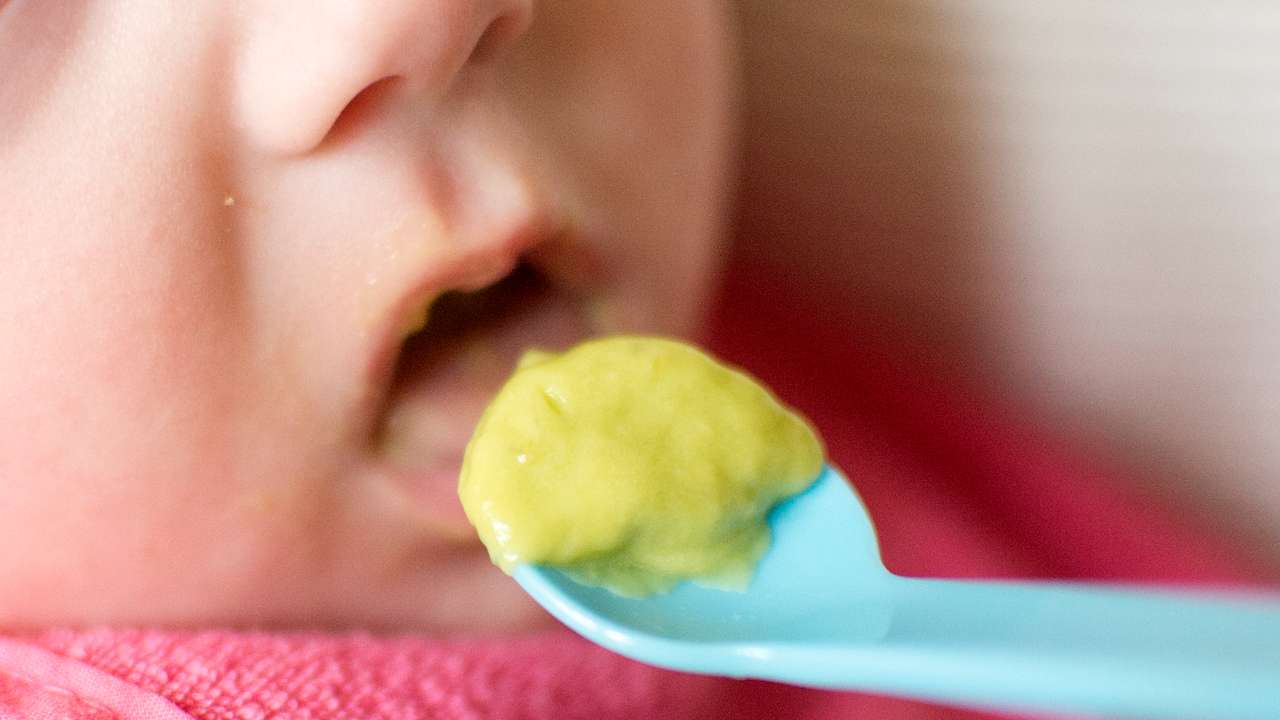Study finds fussiness in children linked to genes. Can parents and carers do anything to get kids to eat properly? Faye Barker has the answer
Picky eating is largely influenced by genes and peaks at the age of seven, scientists have found.
Analysis suggests food fussiness starts during toddler years and continues into early adolescence.
The researchers said their findings, published in the Journal of Child Psychology & Psychiatry, show that refusing to eat certain foods is not “just a phase” that children will grow out of.
But they added that taking steps, such as having family meals together and offering children a variety of fruit and vegetables, could help, particularly during the toddler stages.
Lead author Dr Zeynep Nas, of University College London’s Behavioural Science & Health, said: “Food fussiness is common among children and can be a major source of anxiety for parents and caregivers, who often blame themselves for this behaviour or are blamed by others.
“We hope our finding that fussy eating is largely innate may help to alleviate parental blame.
“This behaviour is not a result of parenting.
“Our study also shows that fussy eating is not necessarily just a ‘phase’, but may follow a persistent trajectory.”
For the study, which was funded by the UK mental health charity MQ Mental Health Research, the researchers looked at data from the Gemini twin cohort study, a large group of 2,400 pairs of twins that was set up in 2007 to explore early life, growth and behaviour of children.

Questionnaires were used to assess food fussiness when the children were 16 months old, with follow-ups at ages three, five, seven and 13 years old.
The team found that picky eating peaked around the age of seven and declined slightly after that.
They said that genetic influence on food fussiness increased significantly after toddlerhood, from 60% at 16 months to 83% at three years and remained stable (more than 70%) until the age of 13.
Meanwhile, factors relating to the environment, including the types of foods that are eaten at home, were found to be significant only in toddler years.
Individual personal experiences unique to each twin, such as having different friends, played a greater role in food fussiness when the children were older, the researchers said.
Follow STV News on WhatsApp
Scan the QR code on your mobile device for all the latest news from around the country



























